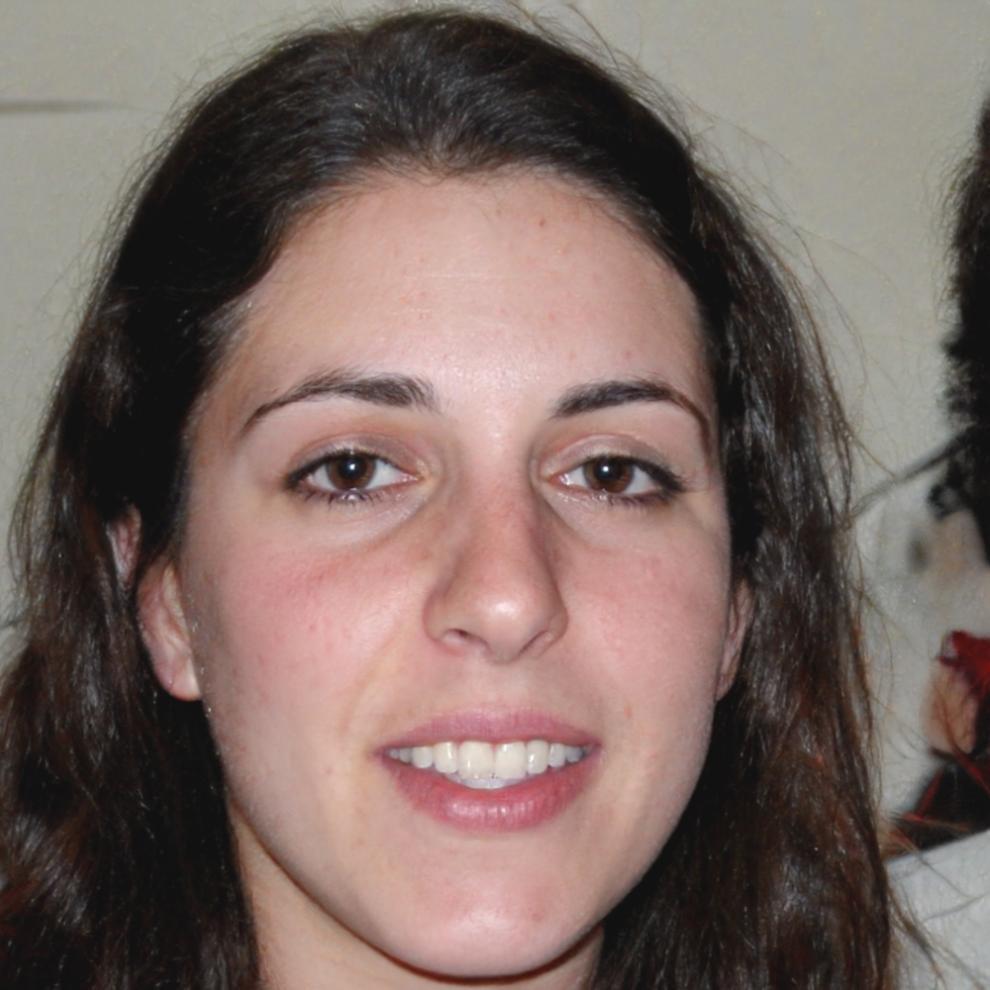Before You Start Your Journey
Let me be straight with you. Learning algorithms and data structures isn't something that happens over a weekend. And honestly? That's exactly why it matters.
We've taught hundreds of students since opening in Kaohsiung back in 2019. Some thrive immediately. Others need more time. A few realize this path isn't for them—and that's perfectly fine. What matters is understanding what you're walking into.
What Actually Works Here
Curiosity Over Speed
The students who do best aren't necessarily the fastest learners. They're the ones who ask "why does this work?" instead of just memorizing syntax. That questioning mindset carries you further than raw talent.
Comfort With Confusion
You'll spend time feeling lost. Binary trees will seem impossible until suddenly they click. Hash tables will confuse you for weeks. This discomfort is part of the process, not a sign you're failing.
Practice Without Shortcuts
There's no way around actually writing code. Reading about algorithms feels productive, but your fingers need to type those loops hundreds of times. The repetition builds something reading alone can't.
Community Engagement
Our most successful students join study groups, ask questions in forums, and help newer learners. Teaching someone else about recursion often clarifies your own understanding better than any textbook.
Realistic Timeline
Plan for 8-12 months of consistent study if you're starting fresh. Career changers typically need the full year. Anyone promising faster results is either lying or setting you up for disappointment.
Problem-Solving Focus
Companies don't hire based on what you've memorized. They want to see how you approach unfamiliar problems. Our curriculum deliberately throws curveballs to build that adaptive thinking.

What We Won't Promise You
The tech education industry loves making guarantees. We prefer honest conversations about what's actually achievable.
- We can't guarantee you'll land a job at a specific company or earn a particular salary. Those outcomes depend on too many factors outside our control.
- We won't claim you'll master everything in our curriculum. Some topics take years of practice, and that's normal.
- We can't promise the learning will always feel rewarding. Some weeks will feel like slogging through mud.
- We won't say everyone succeeds. About 15% of our students realize programming isn't for them, and we support that decision.
- We can't control the job market. Taiwan's tech scene fluctuates, and hiring freezes happen.
Two Paths Forward
We've seen students succeed through different approaches. Neither is inherently better—they suit different life situations and learning styles.
Full-Time Immersion
Our intensive program runs from September 2025 through May 2026. You'll spend 30-40 hours per week on coursework, projects, and collaborative problem-solving sessions.
- Works best if you can dedicate 9 months without other major commitments
- Financial cushion recommended—this requires full attention
- Daily in-person sessions at our Lingya District location
- Covers algorithms, data structures, system design, and practical implementation
- Project-based learning with real codebases and debugging challenges
Part-Time Progression
Evening and weekend classes starting October 2025, running through December 2026. Designed for people balancing jobs, families, or other responsibilities.
- Requires consistent 15-20 hours weekly—harder than it sounds
- Longer timeline means maintaining momentum over 15 months
- Evening sessions twice weekly plus Saturday workshops
- Same curriculum depth as full-time, just paced differently
- Strong self-discipline needed when you're tired after work
Voices From Current Students

Month three was brutal. I almost quit twice. Dynamic programming made no sense, and I was working 50-hour weeks at my day job. But the instructors never sugarcoated it—they just kept saying 'this is hard, and you're doing it.' That honesty kept me going.

What surprised me most? How much time I spent stuck on problems that seemed basic. But that struggle taught me how to actually learn—not just memorize solutions but understand why they work. That's what employers actually test for in interviews.
Ready for the Real Conversation?
If this sounds like something you want to pursue—even knowing the challenges—let's talk specifics about your situation and which path makes sense.
Schedule a Planning Call